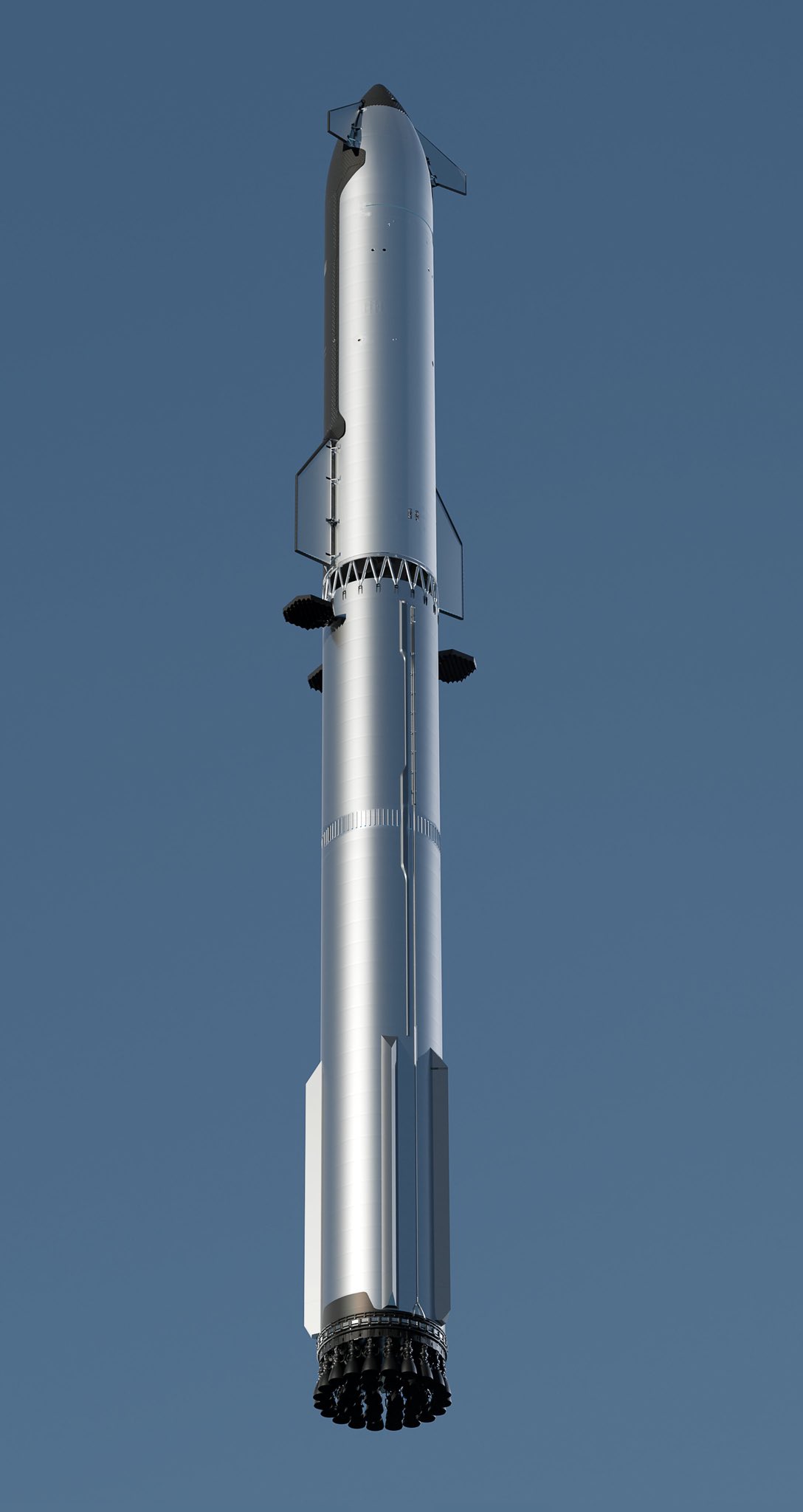AI as a Science Superpower
AI is revolutionizing science, from curing diseases to exploring the cosmos. It’s not just crunching numbers—it’s uncovering insights humans might miss. This thread dives into how AI is accelerating scientific discovery and what it means for our future. #AIScience #Innovation
AI is transforming healthcare. AlphaFold solved protein folding, a decades-old puzzle, in months by predicting 200 million protein structures by 2022. AI diagnostics now detect diseases like cancer with 95% accuracy in some trials, outpacing human experts. Drug discovery is faster too—AI identified a new antibiotic in 2023 in just hours. But challenges remain: AI models need diverse patient data to avoid biased outcomes, and only 15% of hospitals globally use AI diagnostics. #AIMedicine #HealthTech
As you move toward the midpoint of the article, this paragraph provides an opportunity to connect earlier ideas with new insights. Use this space to present alternative perspectives or address potential questions readers might have. Strike a balance between depth and readability, ensuring the information remains digestible. This section can also serve as a transition to the closing points, maintaining momentum as you steer the discussion to its final stages.
AI in Physics and Astronomy
AI is helping us decode the universe. Machine learning models analyze telescope data to spot exoplanets—over 5,000 discovered since 2018. AI also simulates complex systems, like black hole collisions, 10x faster than traditional methods. In particle physics, AI sifts through petabytes of data from CERN to find rare events, like Higgs boson decays. The catch? These models require massive computing power, and access is limited in underfunded labs. #AIAstronomy #Physics
AI in Climate Science
AI is a game-changer for climate research. It models weather patterns with 90% accuracy, helping predict extreme events like hurricanes. AI optimizes renewable energy grids, cutting waste by 20% in some regions. It even tracks deforestation in real-time using satellite data. But there’s a paradox—AI’s energy-intensive training emits CO2, with some models producing as much as a transatlantic flight. Green AI solutions, like efficient algorithms, are critical. #AIClimate #Sustainability


Leave a Reply